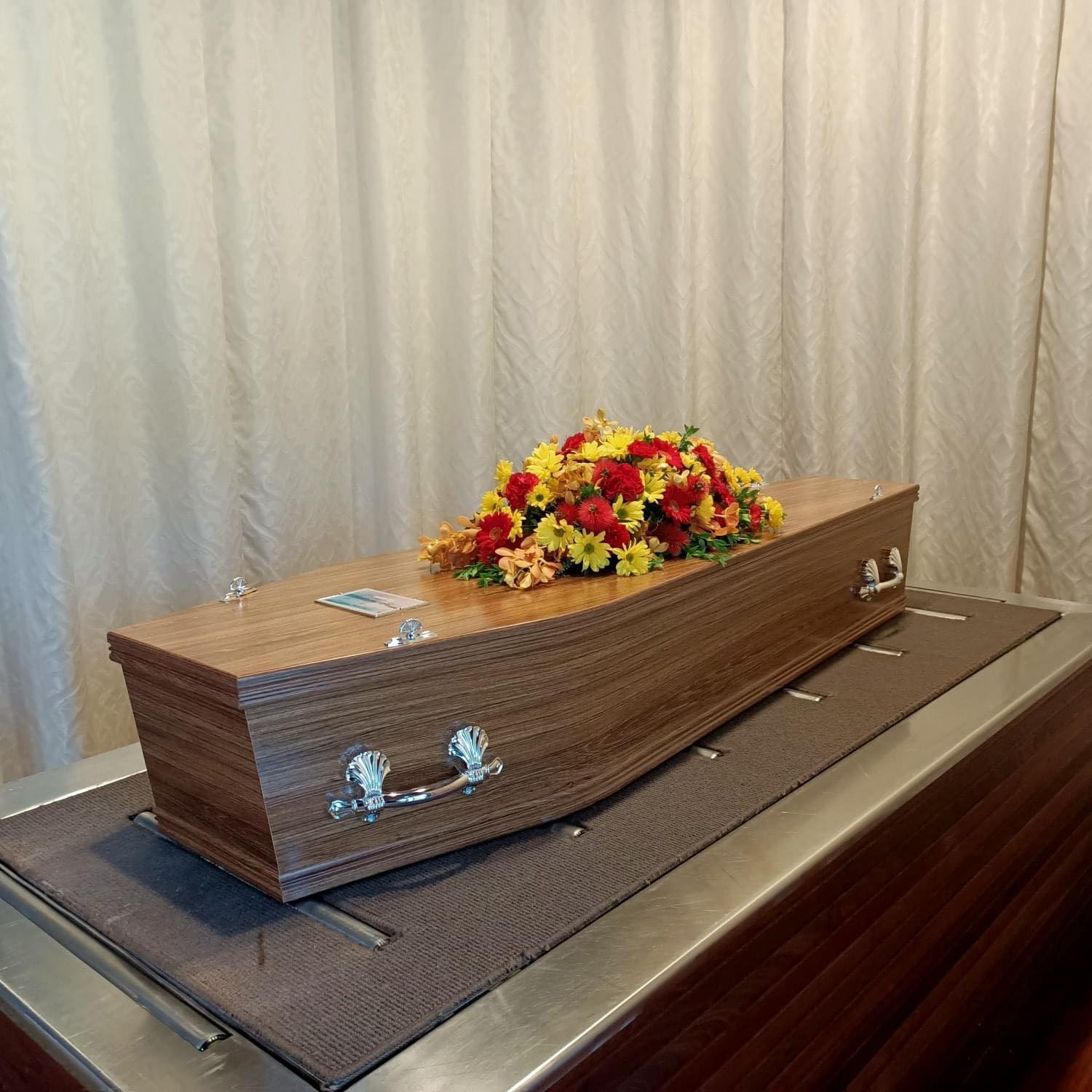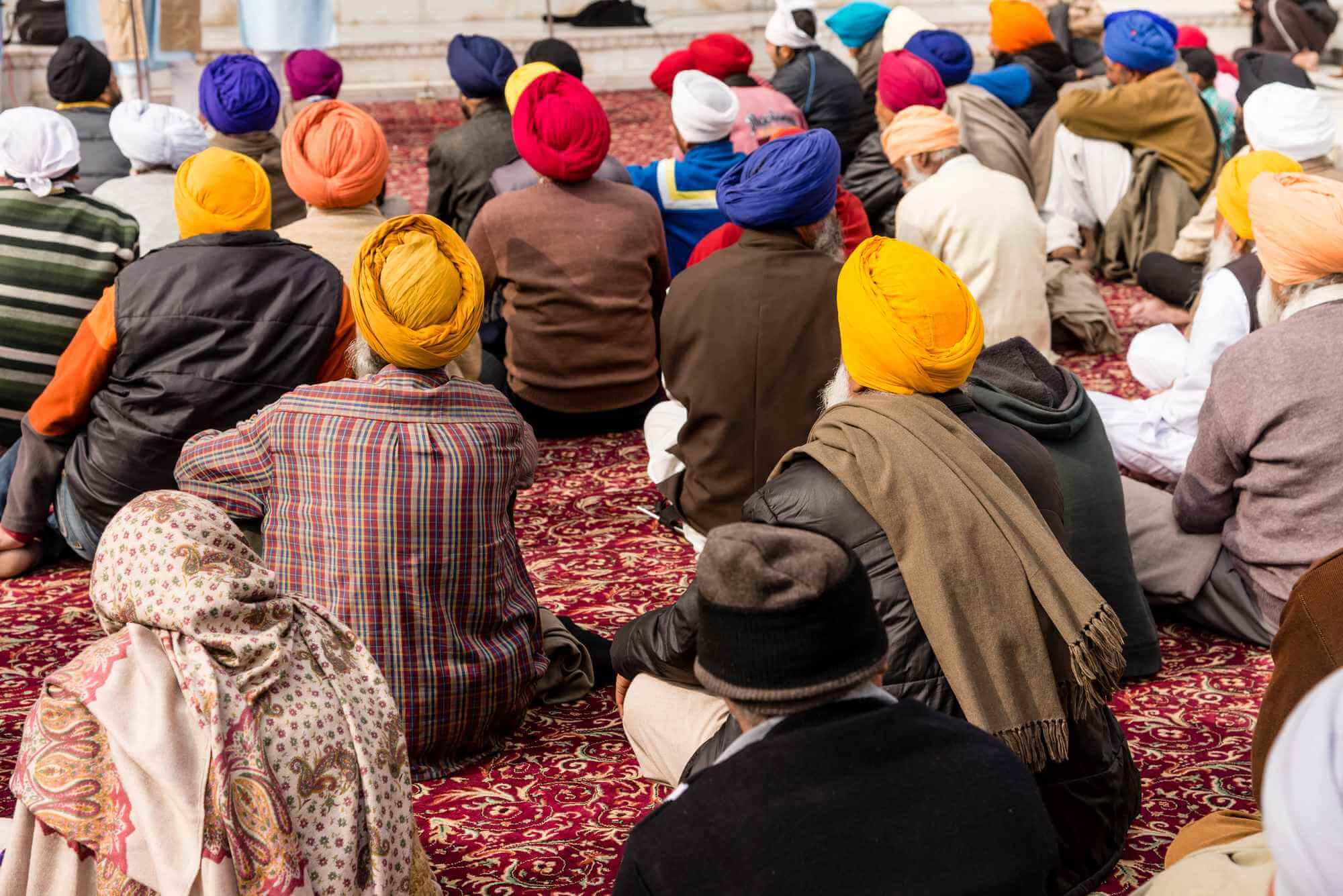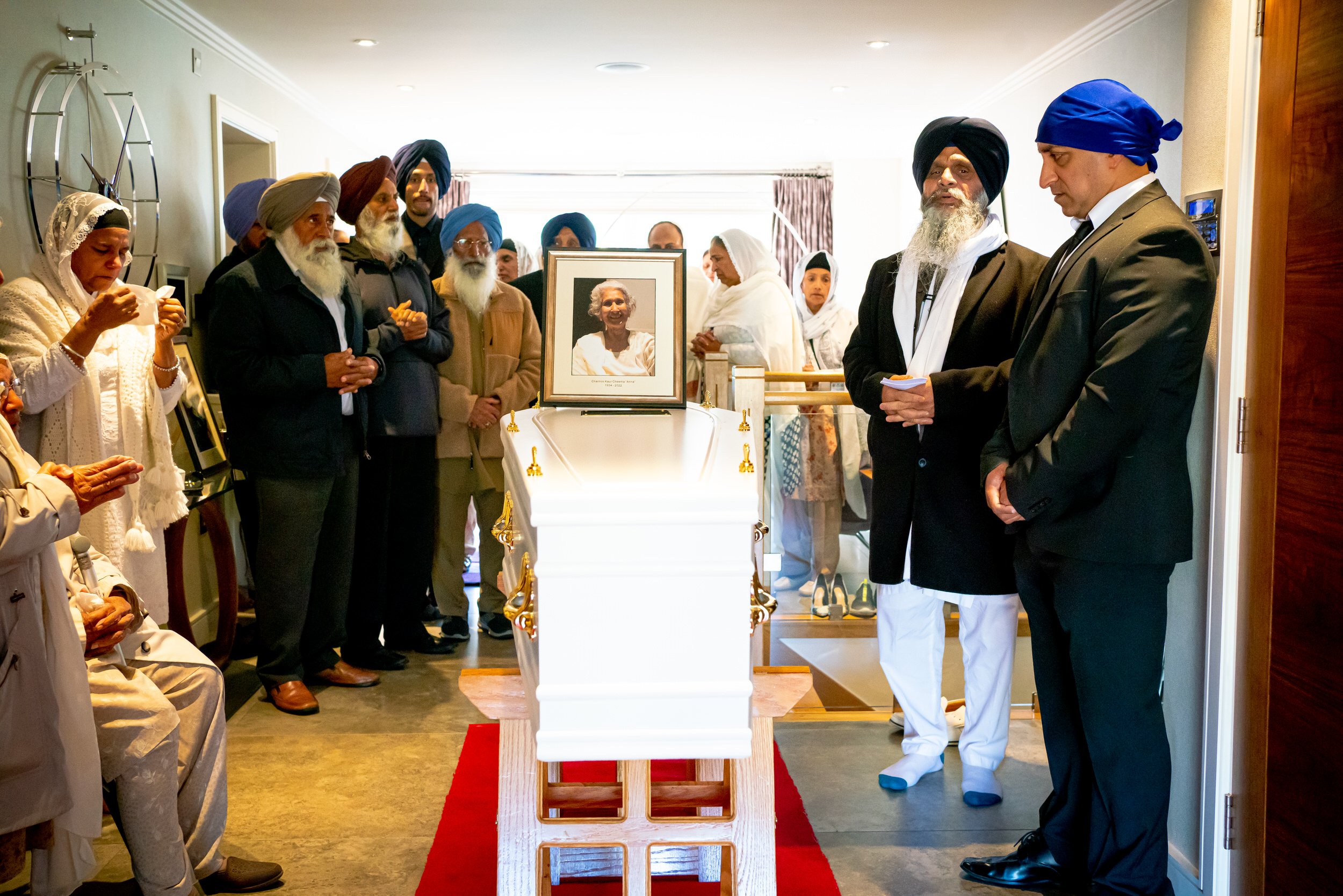Sikh Funeral Services in Selangor, Kuala Lumpur & Malaysia

Sikh Funeral Services
Understanding Sikh Funeral Traditions in Selangor, Kuala Lumpur & Malaysia
We offer comprehensive Sikh funeral plans tailored to the spiritual and cultural needs of Sikh families across Selangor, Kuala Lumpur & Malaysia, including:
- Antim Sanskar Arrangements
- Akhand Path or Sehaj Path
- Gurdwara Coordination for Prayers and Kirtan
- Langar (Community Meal Arrangement)
Sikh Funeral Plans in Selangor, Kuala Lumpur & Across Malaysia
- 24/7 Consultation, Clarification & Coordination
- Reporting Death and Obtaining Certificates & Permits
- Body Collection, Embalming and Care
- Dressing in traditional attire (with 5 Ks)
- Cremation arrangement & booking
- Hearse for Transportation
- Ardas before Cremation
- Bhog Ceremony
- Ashes Collection
Sikh Funeral Rites in Selangor, Kuala Lumpur & Across Malaysia
Much of the Sikh funeral tradition is guided by the teachings of the Guru Granth Sahib, the holy scripture of the Sikhs. Families across Selangor, Kuala Lumpur & Malaysia follow these rites with deep devotion and cultural respect.
The body is gently cleansed and dressed in simple, dignified clothing. Loved ones may gather for a final Ardas (prayer) at home or at a Gurdwara, seeking peace for the departed soul.
Cremation is the preferred method in Sikh customs, and after the cremation, the Kirtan Sohila prayer is traditionally recited.
The ashes are then collected and respectfully immersed in flowing water as per tradition, often using urns.
One of the most significant moments is the Antim Ardas (final prayer), usually performed on the tenth day. This ceremony marks the spiritual farewell and may be held at a Gurdwara or in funeral parlours across Selangor, Kuala Lumpur & Malaysia.

Sikh Funeral Traditions in Selangor, Kuala Lumpur & Across Malaysia
For many Punjabi Sikh families, funeral customs are deeply rooted in spiritual teachings and long-standing cultural values. These traditions are followed with sincerity across Selangor, Kuala Lumpur & Malaysia.
The first step is to bathe the deceased and dress them in clean, simple attire—often white—symbolising purity and the soul’s peaceful transition. A priest, who guides the spiritual journey, may conduct the last rites either at the family home or at the funeral venue, chanting hymns and mantras to offer comfort and blessings.
Cremation is a central part of Sikh tradition, representing the soul’s release from the physical body. Fire is seen as a purifier and a symbol of transformation. After the cremation, rituals such as Asthi Visarjan (immersion of ashes) are performed—traditionally in the holy Ganga, or in locally available rivers within Malaysia.
The mourning period generally lasts 10 to 13 days and concludes with ceremonies like Pind Daan or Shraddha, offering prayers for the eternal peace of the departed soul.
To simplify and support families during this emotional time, funeral service providers such as Eternity Funeral Services—one of the trusted names in Selangor, Kuala Lumpur & Malaysia—manage all arrangements with respect for Sikh customs and practices. Their experience ensures that every ritual is carried out according to tradition and with utmost care.
Sikh funerals honour age-old rituals while gently adapting to local cultural settings, creating a respectful and meaningful farewell that stays true to both faith and heritage.


